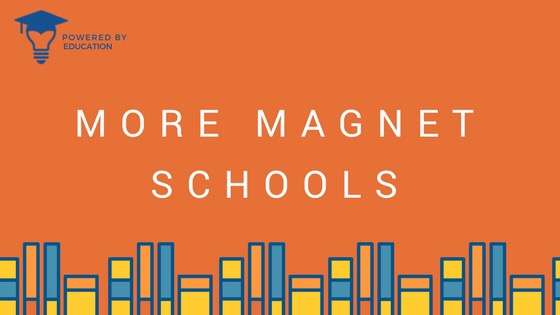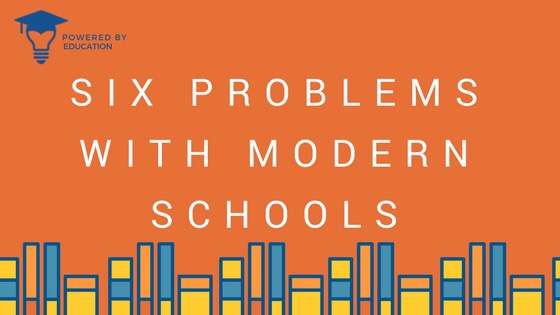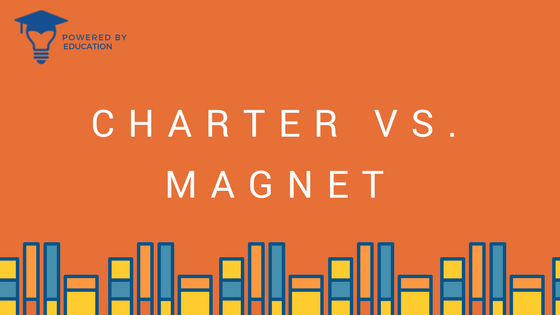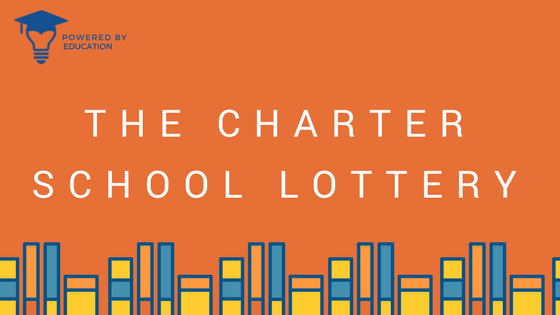In California, you have more options than you may think…
Brick & Mortar Public Schools
Compulsory Attendance
Your child’s age is your first indicator of his or her eligibility for beginning school. Students may start kindergarten if they turn five on or before September 1st. A child does not have to enroll in school at age five, but must be enrolled in 1st grade if he or she is six on or before December 31. see more >
Required Documentation
California school districts set the requirements for what documentation is required prior to enrolling a student in their district. To get that information, contact the district directly.
Some legal documents are required for California students to attend school:
- Certified Birth Certificate/proof of identity
- Official copy of records/transcripts from the previous school the child most recently attended
- A shot immunization record (or proof that immunization is not required for the child)
- Click here to view the immunization requirements
- Proof of home address (for example, a rental agreement or tax statement)
School Fees
Paying some fees is a part of public education, though it is primarily a free education. Students are expected to supply their own basic school supplies such as paper, pencils, and notebooks. Each district has a list of approved expenditures for students. Fee waiver forms can be requested from the school if there is a situation that prevents a family from being able to pay for required materials or events.
Some typical items on that list include:
- Lunch
- Summer school
- Student parking passes (high school)
- Lost textbooks
- Late or lost library books
- Field trips
- Special class-required fees (e.g., science lab fees)
Public Charter Schools
What are Charter Schools?
Charter Schools are tuition-free public schools operated by independent, non-profit governing bodies.
Parents, teachers, and community leaders sign a “charter” or contract with a school district or state agency to create a charter school and give students more educational options than their assigned school. Charter schools have flexibility over classroom hours, curriculum, and employment policies, but are subject to periodic reviews based on student performance. In California, public charter school students are measured against the same academic standards as students in other public schools. Local boards of education monitor the academic and financial performance of charter schools, and, can revoke or refuse to renew a school’s charter.
California Charter Schools
A list of the active charter schools can be found at California Department of Education’s Charter School Locator!
Frequently Asked Questions
Frequently asked questions about charters can be found at California Department of Education!
Enrollment
Most charter schools do not have attendance zones. If you are interested in applying for your child, you must apply directly to the school. The application and selection process can be quite complicated. Make sure to contact the school early to determine the correct next steps to applying.
Virtual Public Schools
In California, children attend school online in virtual classrooms with state certified teachers. Some virtual programs are open to in-district students only, while others have enrollment open to students across the state.
California Virtual Academies
phone: (866) 339-6787
grades: K–12
California Connections Academy
phone: (800) 382-6010
grades: K–12
Insight Schools of California
phone: (800) 670-5391
grades: 9–12
Pacific View Charter School
phone: (760) 757-0161
grades: K–12
Clovis Online School
phone: (559) 327-4400
grades: 7–12
Hadley Institute for the Blind and Visually Impaired
phone: (800) 323-4238
grades: 14+ years of age
Private Schools
What makes a school “private”?
Private schools charge tuition, and many have a religious mission. Some private schools offer families assistance to make tuition payments. Click below for the complete list of over 2,700 private schools across the state.
Private School Review offers free, detailed information on U.S. private schools combined with useful community data (e.g., housing costs) and maps of the surrounding areas.
*Information on non-public school admission requirements should be obtained from the school directly.
Scholarships
In 2012, a tax-credit scholarship proposal was introduced in the state legislature. This would have allowed individuals and businesses to receive tax credits when donating to scholarship-giving nonprofits. The private school scholarships, provided by this proposal, would have only been available to low- and middle-income families in California.
Educational Choice Programs
Currently no one is proposing an educational savings account. Some community leaders in Orange County have shown interest in educational choice. Statewide, there have been a couple of vocal advocates for private school choice programs, the Pacific Research Institute and the Reason Foundation. However, there has not yet been an organized effort to start an educational choice program.
For more information on policy change or to get involved in the school choice movement in California visit EdChoice.
Private Virtual Schools
George Washington University Online High School is an online college preparatory academy for motivated students who are willing to be challenged to become the best students and persons they can be. Combining award-winning curriculum with small class sizes and intensive college counseling, students receive a flexible, individualized education attuned to their own needs and goals.
International Academy is a K12, Inc accredited, online private school for grades K–12. Students earn a U.S. high school diploma while using award-winning K¹² curriculum
They offer extensive, individualized academic and counseling support keep students on track. The flexibility allows students to explore their passions. Full-time and part-time options are available.
International Connections Academy is a fully-accredited, online, college preparatory private school serving K–12 students worldwide. The program combines a top-rated curriculum with talented teachers, cutting-edge technology, the flexibility to learn at home, and direct family involvement to ensure each student realizes his or her full potential.
The Keystone School offers flexible education programs for high school and middle school students. Whether your student wants to study full-time or just needs individual classes, they offer more than 170 courses from credit recovery to world languages and AP. Students can enroll at any time.
Home Education
Your options
In California, parents have the option to educate their children at home, an option known as homeschooling or home education. Parents in California may choose to homeschool their own children in grades K – 12. Parents desiring to homeschool their own children may do so by choosing one of the following three options – Home-based private school, Private school satellite program (PSP), and Private tutor. All three options are discussed below. learn more >
With a home-based private school:
To homeschool under this option you must do the following:
- File an annual private school affidavit between October 1 and 15 to the California Superintendent of Public Instruction. Affidavits can be found here.
- Maintain an attendance register.
- Instruction must be in English.
- Instructors must be capable of teaching.
- Provide instruction in the courses commonly taught in the public schools (e.g., language arts, math, science, social studies, health, and driver training)
- Maintain immunization records or personal belief exemptions.
- Maintain a list of courses of study.
- Maintain a list of instructors with their addresses and qualifications.
With a private school satellite program (PSP):
A private school satellite program is one in which the majority of the instruction is provided at home. The PSP must meet all the requirements for operating a private school, which are listed under “Homeschooling as a home-based private school” above.
Using a private tutor:
A child who is being instructed by someone with a California teaching credential for the grade level taught is considered exempt from public school attendance. The child must be taught for at least three hours a day, between 8:00 a.m. and 4:00 p.m., for 175 days each school year in the several branches of study required to be taught by the public schools and in the English language. The instructor may be the parent, as long as he or she has the required California teaching credential. Families homeschooling under this option are not required to file private school affidavits or report any other information to the state.
Dual Enrollment
College Credit
Dual enrollment courses are college credit courses. High school students enroll in college courses and earn postsecondary credit upon successful completion of the course. High school credit can also be awarded based on local school policy. Dual enrollment courses can be taught on the college campus, at the student’s high school, or online. The location of the course does not affect its status as a dual enrollment course. Home school students are also eligible for dual enrollment.
Under the state’s original program (no title in statute) authorizing part-time college or university attendance for high school students, the governing board of a community college district may admit to any community college under its jurisdiction a student eligible to attend community college as a special part-time or full-time student under Section 48800 or 48800.5. An 11th or 12th grader may also be enrolled part time in classes of the California State University or University of California for academic credit.
2015 A.B. 288 authorizes creation of a College and Career Access Pathways partnership between a community college governing board and a school district, for the purpose of offering or expanding dual enrollment opportunities for students who may not already be college bound or who are underrepresented in higher education. The statutes governing the College and Career Access Pathways partnerships are repealed effective January 1, 2022.
Course Fees
Original program: Student/parent. A community college district may exempt special part-time students from fee requirements, but is not required to do so.
College and Career Access Pathways partnerships: Unclear. A high school student may not be assessed a fee prohibited by Section 49011.
More about Magnet
Today Magnet Schools of America released a study showing [...]
The Foundation for Blended and Online Learning
In January, K12, INC. announced the launch of The [...]
Six Problems with Modern Schools
The modern school system was created during the Industrial [...]
Charter vs. Magnet
Today, we answer the age old question... what is [...]
Charter School Lottery: Explained
Many question how charter schools choose which students attend [...]




